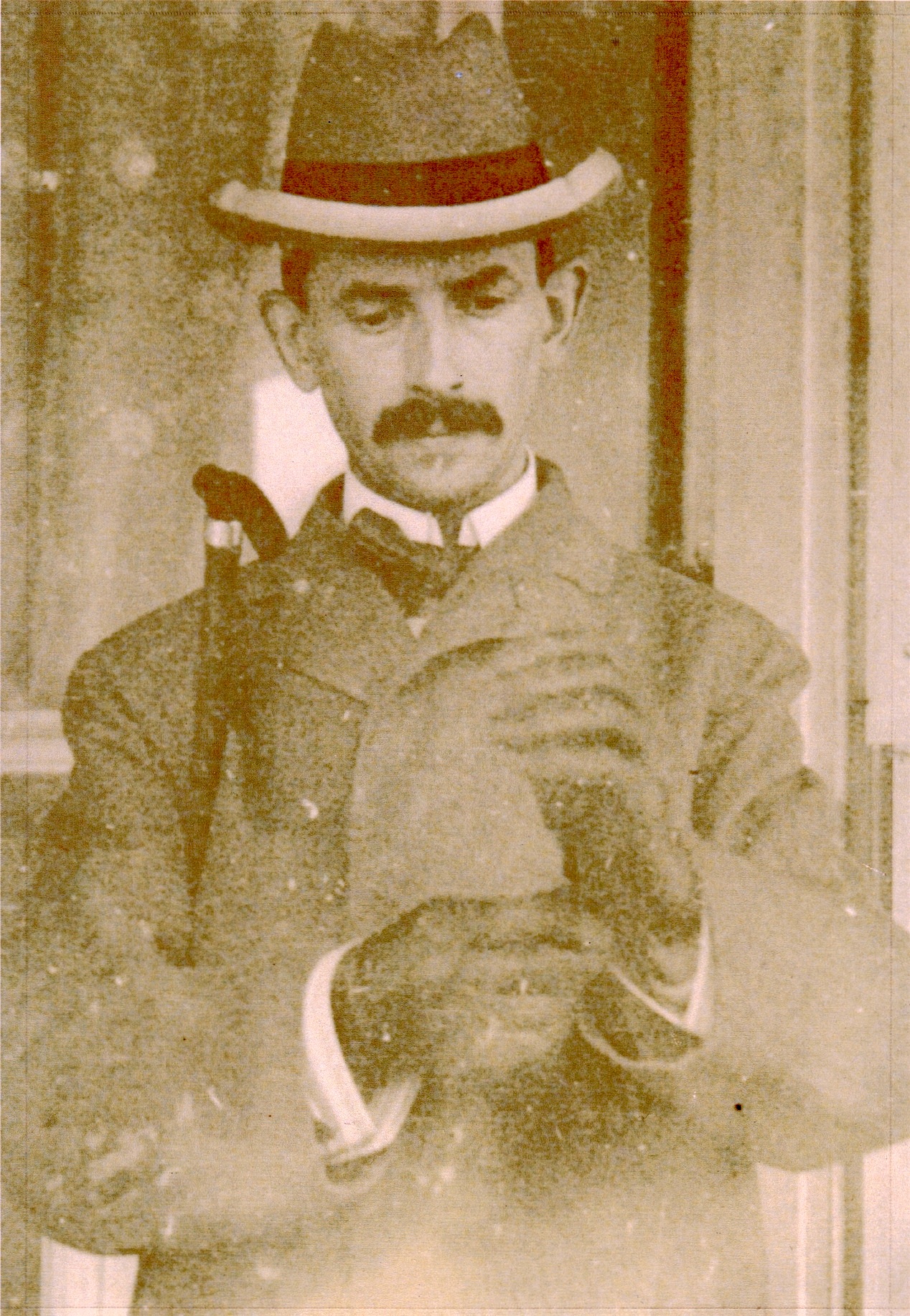THE CREATION of new drugs to treat HIV/AIDS has just about run its course. The next generation of therapies will involve modulating the body’s own immune system to better control the infection, and modifying its cells to make them more resistant to continued assault by the virus. The most advanced example of this line of research was recently presented at the Conference on Retroviruses and Opportunistic Infections, held in Boston. It is the world’s premier meeting on HIV science.
The study involved just six patients, but it demonstrated the proof of concept that it is possible to change the DNA of a person’s CD4+T cells so that they no longer express the CCR5 molecule that the virus uses to enter cells. The modified immune cells can be put back into a patient and they appear to thrive for at least three months and counting. Just how long they might last and how well they function has yet to be determined.
More






